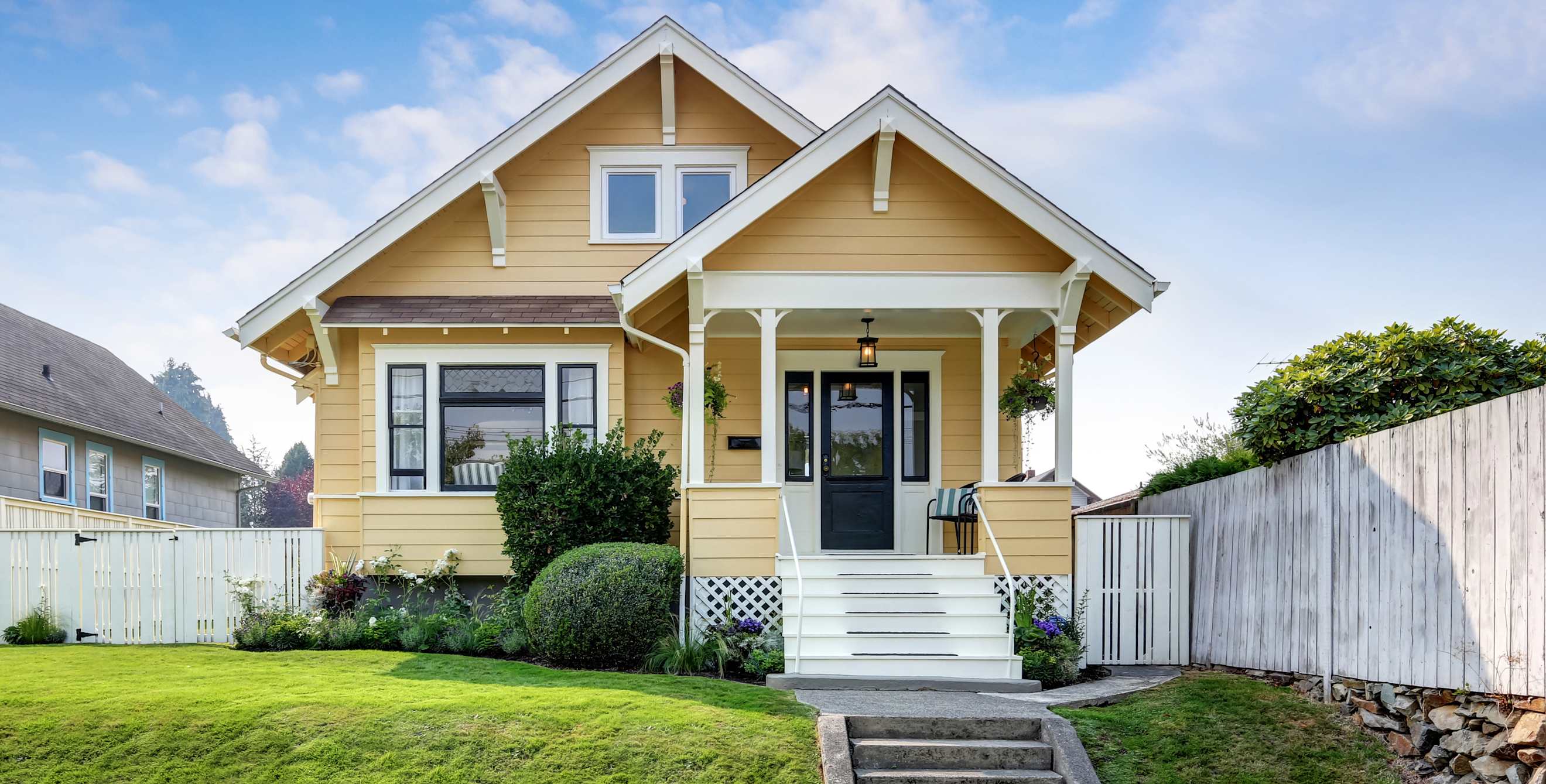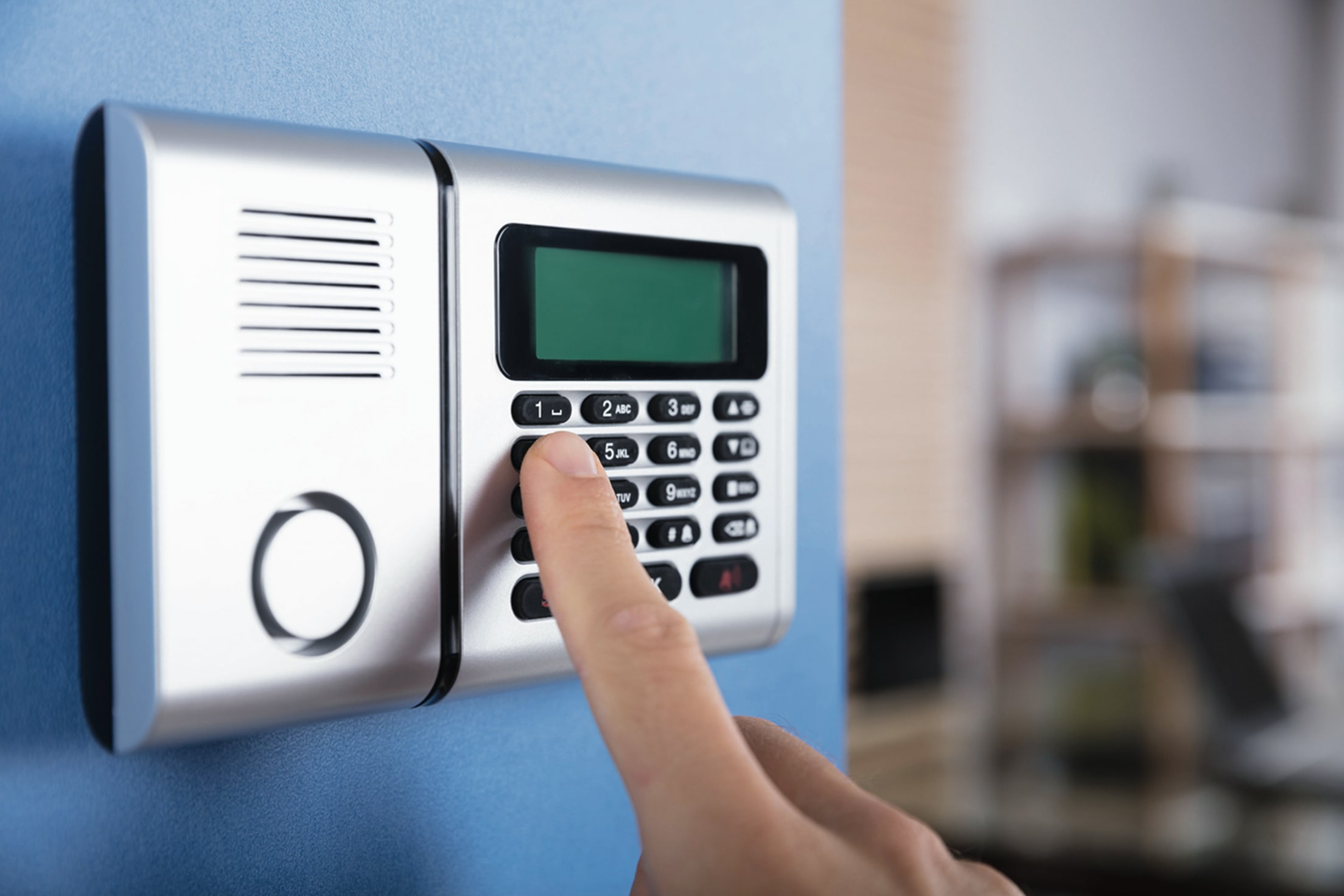
Is Your Home Security System Working as it Should?
It's not enough to have an alarm system: Be sure its technology is up to date.

Congratulations! You have a security system installed in your home, and you're actually using it. (It's shocking how many people have alarms but don't turn them on.) But is that active system really doing all it could to keep you safe?
For example, some older systems are susceptible to replay attacks: The sensors around your house periodically send signals back to the system's central unit to say that all is well. Thieves can use simple gizmos to capture those communications and play them back to the central unit—while they take the opportunity to break in. As far as your system is concerned, nothing's amiss.
Modern systems prevent such attacks by encrypting the messages between sensors and the central unit. But older security systems, notes Brandon Strand, head of product and marketing for AAA Smart Home Security, are not generally protected with encryption.

"Hackers can more easily break into your home if the system doesn't use encryption," Strand says. "Ask your security provider whether your system has encryption, and consider upgrading if the answer is no."
Modern systems also offer greater convenience. For example, some newer systems can be set up to automatically disarm when you're close to home, so you don't have to rush to punch in a code when you walk in the door. They can sync with smart-home systems to automatically lock the door after you leave or turn on the lights when you return. And many of them are compatible with smart-speaker systems such as Siri, Alexa, or Google Assistant.
AAA Smart Home Security recommends talking to your home-security provider. "Maintenance can go a long way toward ensuring a longer-lasting system," Strand says. "Schedule an inspection every two or three years to check signal quality and change batteries on the sensors. And ask your technician how you might get more out of your system."
AAA Smart Home’s security and automation services can help make your home safe.